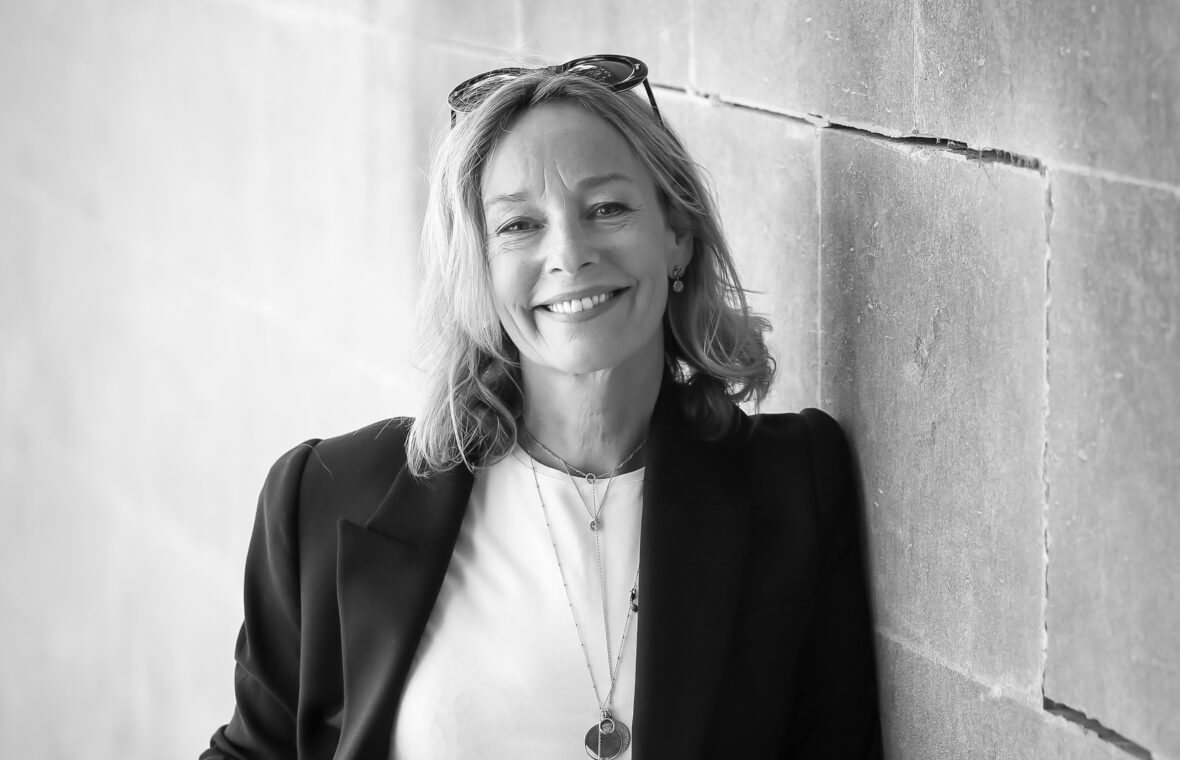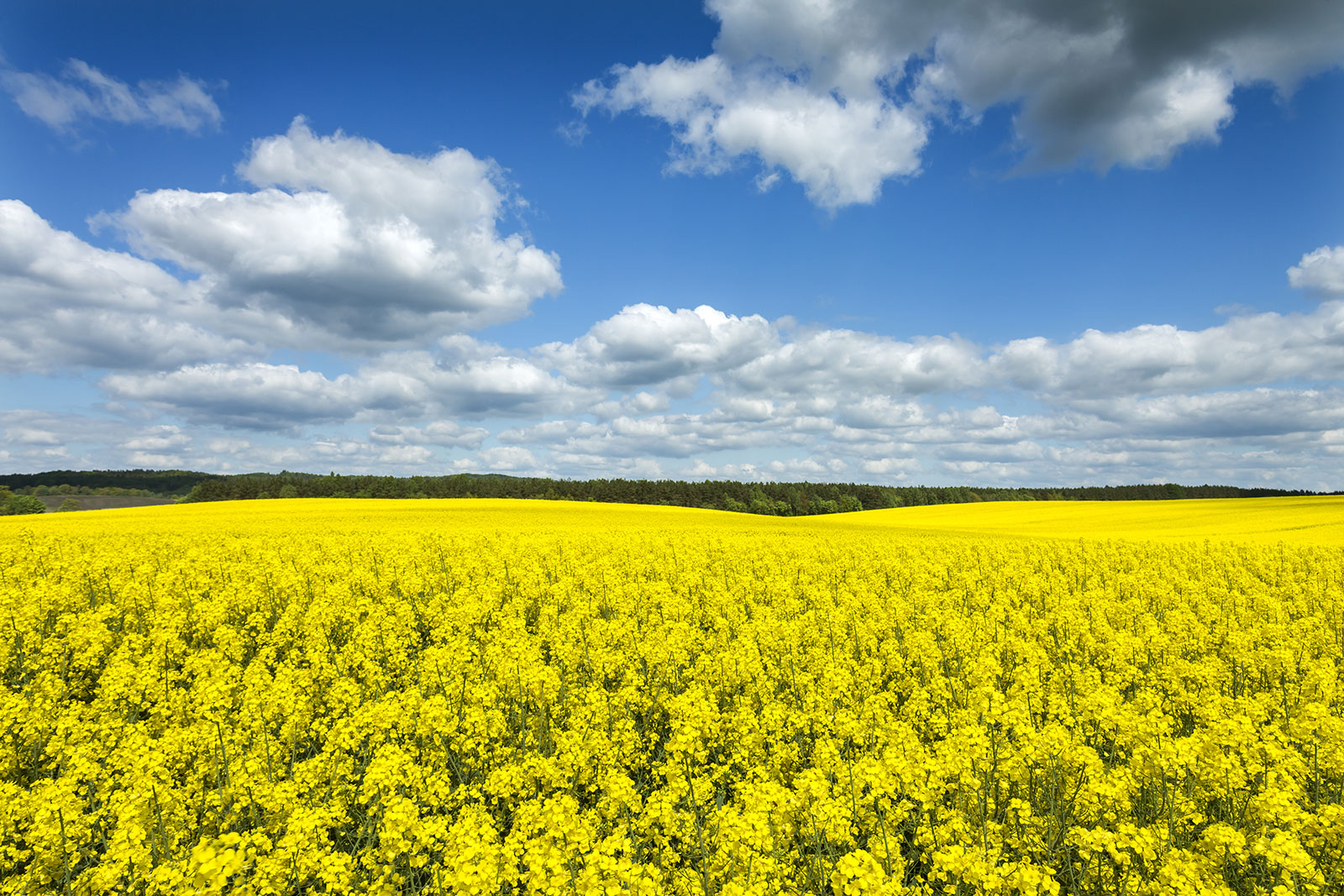Or maybe even an entire range of mountains, to be ascended without metaphorical Sherpa, team or harness? Does it all feel a bit overwhelming?
I felt like that this morning. I’m heading off for annual leave on Thursday but I’m writing this on a Monday and there seems like a very large mountain to scale between now and Thursday.
Keep me at base camp, I’m feeling – it’s warm and cosy here.
So for anyone else feeling the equivalent of Monday morning blues, here are my four top tips to ease you into a tough week- my easing in strategies. I’m sometimes an advocate of doing the hardest thing first, or the ‘just crack on’ pep talk, but today I need something different. Today I need my “easing in” strategy:
- Do something easy
- Do something gentle
- Do something nice for somebody else
- Ask for help
You’ll be surprised where that takes you. You might still be at base camp, but you might notice you’re looking up at the mountaintop in a more anticipatory fashion.
My something easy – I wrote my to-do list out again on a fresh page, I read some poetry, did my journaling.
My something gentle – I went for a walk and sat listening to birdsong in a park with a water fountain.
My something nice – I sent a book of poetry to a friend who has just lost her mum.
My ask for help – hard one this: I made a list of what help I felt I needed – what or who constitute my Sherpa, my team, my harness that I feel I’m lacking – and I’m asking one person on that list to help me today.
You might call this procrastinating. On another day I would call this procrastinating. Today I call it preparing.
I’m still at base camp, but I’m getting my kit ready. And, as any Sherpa worth their salt will tell you, a good kit check is essential if we want that successful climb.
Do share any other Monday morning strategies that work for you when a tough week looms ahead.
On the subject of grappling with overwhelm – I’ve been enjoying Jenny Odell’s book on, How to do nothing – Resisting the Attention Economy. She is not advocating people stop doing things completely. Odell’s version of “doing nothing” is a way of resetting and deprogramming ourselves when we are feeling scattered and losing meaning. To actively and mindfully use “doing nothing” as a way to access tools that will help us resist the onslaught of the world demanding our attention in ways that don’t feel like sustenance to us i.e. the addictive attention grabbing headlines and images we try to resist through our phones and screens and social media.
Jenny Odell encourages us to move away from #FOMO (fear of missing out) towards embracing the necessity of missing out #NOMO or at least to #NOSMO (necessity of sometimes missing out).
This is in order to repair…to take time out and reflect and think and heal and sustain ourselves. I know no better way of doing this than time in nature and journaling, or even better both at the same time.
I will be spending time in Scotland over the next two weeks (not Corfu as planned!) to deepen into some “doing nothing” time in nature and will return refreshed and recharged.
ackee and I have found a deep pleasure in the rhythm of our co-writing space on a Tuesday morning at 7 am to 8:30 am and will be continuing with this space throughout July. Please join us if you want to start a practice of actively journaling and practicing some reflective writing techniques as well as intentionally carving out time for whatever writing you are working on – even if it’s just a spot to do your own admin.
We will be taking a break in August, but we will be running a half-day virtual writing retreat in August for those who would love to have a collective space to deepen into their writing.
And on the subject of journaling, I am so excited to share this news with you…
This amazing book launched yesterday, and I thoroughly recommend if you are a coach, or a therapist interested in how to use journaling with clients.
I am honoured to be part of this book with a chapter that I contributed about how a longing becomes a vision and the role of reflective writing and journaling before and during a Positive Vision Day. Here is a code for you to enjoy 20% off if you are interested in purchasing. SME04

